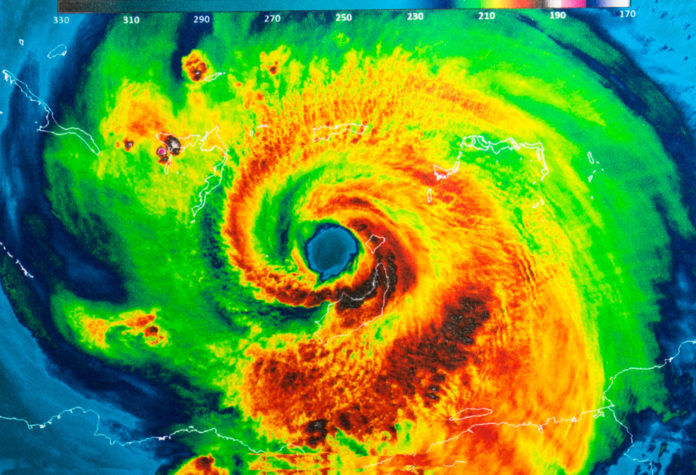Contractor’s summary judgment motion seeking costs incurred as a result of a suspension of work is granted in part. The government directed the contractor to suspend work due to a hurricane. The contractor sought to recover costs incurred due to the suspension. The government denied a portion of those costs, reasoning that the contractor had already agreed to a preset amount of adverse weather days as part of the contract schedule. The government argued those adverse weather days should be excluded from the suspension period. The board disagreed with the government. The contract’s adverse weather clause simply provided a method for calculating an extension due to severe weather. Nothing in the clause stated that it applied to a contract suspension. Thus, the board found that the contractor could pursue its claim under the contract’s suspension clause.
Granite Construction Company had a contract with the Army Corps of Engineers to make repairs to dams in Houston. While Granite was working on the dams, Hurricane Harvey hit to coast of Texas. As a result of the hurricane, the Corps ordered Granite to suspend work on the dams for 49 days.
After the suspension expired, Granite and the Corps executed a modification that extended the period of performance by 49 days. Granite then requested an equitable adjustment of $1.2 million for costs incurred as a result of the suspension.
Granite and the Corps executed a second modification under which the Corps agreed to pay Granite $961,000, representing compensation for 30 of the 49 days for which work was suspended. The second modification stated that it was excluding compensation for remaining 19 days under the contract’s adverse weather clause. That clause required Granite to build a certain number of adverse weather days into the schedule. The government believed the remaining 19 days were therefore already included in the schedule. Nevertheless, the second modification included a reservation of rights for Granite to seek compensation for the remaining 19 days.
Granite filed a certified claim seeking $233,000 for the remaining 19 days. The Corps denied the claim. Granite appealed to the ASBCA. Both parties moved for summary judgment.
On appeal, Granite argued that Corps erred in denying compensation for the 19 days under the contract’s adverse weather clause. That clause, Granite contended, only applies to the determination of time extensions under the contract’s default clause. A suspension is governed by a separate suspension clause. Granite claimed that it was entitled to compensation under the suspension clause.
The Corps argued that under the adverse weather clause, 19 of the 49 suspended days had been specifically anticipated by the parties and thus could not be recovered as part of the hurricane suspension.
The board agreed with Granite. The contract’s default clause includes a list of examples of unforeseeable causes of delay, including delay caused by unusually severe weather. The adverse weather clause provides guidance in determining whether weather is unusually severe for purposes of an extension under the default clause. The adverse weather includes a list of anticipated adverse weather delays that the contractor must incorporate into the schedule. But nothing in the adverse weather clause provides that an anticipated weather delay must be subtracted from a suspension period imposed under the suspension clause. Indeed, nothing in the adverse weather clause links to or even mentions the suspension clause.
The board concluded that the adverse weather clause applies only to the default clause and is only used to calculate the number of days for which weather delays provide an excuse for late performance. Thus, there was no basis for the Corps to exclude anticipated weather delays from the suspension period.
The board remaining factual issues concerning the reasonableness of the suspension time that precluded complete resolution of the claim. If it turned out that the suspension was reasonable, then Granite would not be entitled to any more costs than the Corps had already paid.
Granite is represented by Michael A. Branca and Joshua Morehouse of Peckar & Abramson, P.C. The government is represented by Michael P. Goodman and Clark Bartee of the Army Corps of Engineers.




